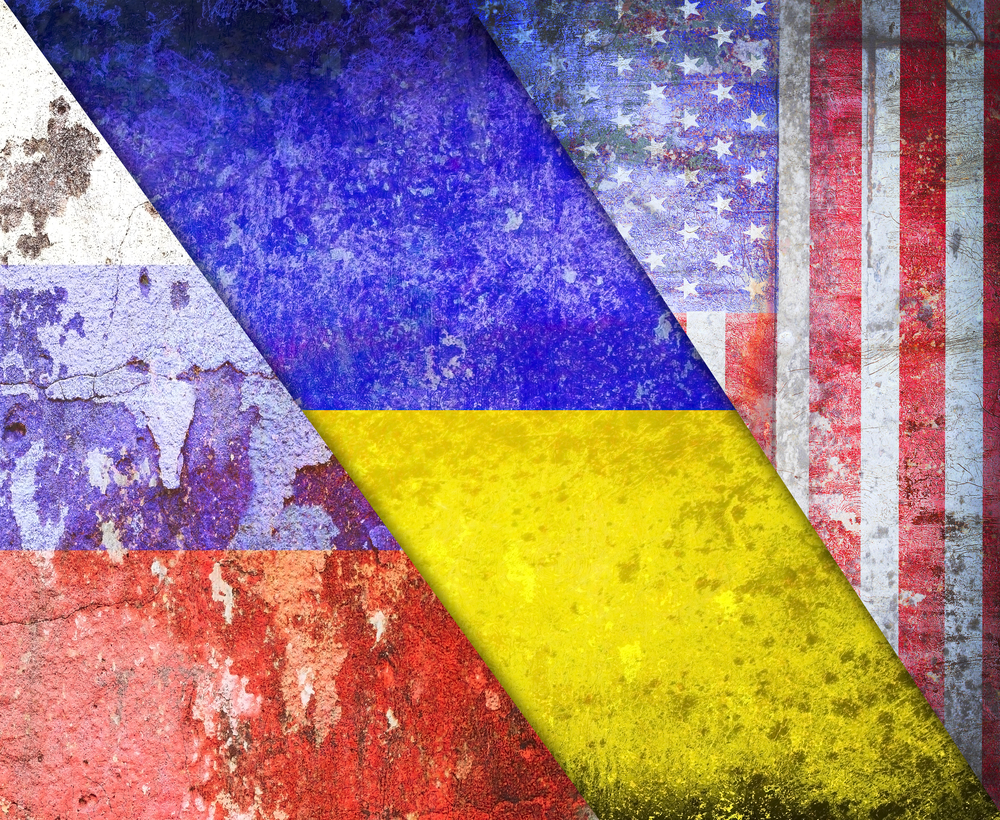LONDON—The escalating tensions in Ukraine, which have led to a sharp deterioration in relations between the West and Russia, could weigh on a modestly improving economic recovery in the 18-country eurozone.
That’s the verdict of financial information company Markit even as it noted Thursday a growth pick-up during July despite ongoing stagnation in France, Europe’s second-largest economy. Its purchasing managers’ index—a gauge of business activity—rose to a three-month high of 54.0 points in July from 52.8 in June. Numbers above 50 indicate expansion.
Much of the increase was due to ongoing economic strength in Germany, Europe’s biggest economy, which also seems to be enjoying the fruits of the national soccer team’s World Cup triumph. Beer sales, for example, have risen during the month and the services sector as a whole picked up speed.
“Given Germany’s success at the World Cup, I would be surprised if we didn’t see strong figures across the board for the month of July,” said Craig Erlam, market analyst at Alpari.
Markit also found business activity in the “periphery” countries outside of Germany and France expanding at their fastest pace since 2007. France was the laggard because of its stagnant services sector.
Overall, Markit says the eurozone is growing at a 0.4 per cent quarterly tick, which equates to an annualized 1.6 per cent rate. That’s still muted, however, compared with expected levels of growth around the world, such as in the U.S., China and Japan.
“This growth is not fast enough to encourage firms to take on staff in sufficiently large numbers to have a meaningful impact on unemployment,” said Chris Williamson, chief economist at Markit.
Williamson said the recovery could be weighed down by geopolitical concerns, notably over the potential economic impact of the tensions in Ukraine.
“The likelihood is that companies will become increasingly reluctant to commit to making big decisions on purchases, investment and hiring in the face of such economic uncertainty, suggesting growth could weaken again,” said Williamson.
A week ago, the crisis escalated when a Malaysia Airlines jet was downed over rebel-controlled territory in the ease of the country, killing all 298 on board. Western powers blame the rebels for bringing the plane down. This week, the 28-country European Union slapped further sanctions on Russian individuals it says have helped fuel the crisis in Ukraine. Further sanctions are being considered.
A slowdown in growth would increase pressure on governments and the European Central Bank to do more to shore up the economic recovery. One option being mooted is a monetary stimulus by the ECB.
